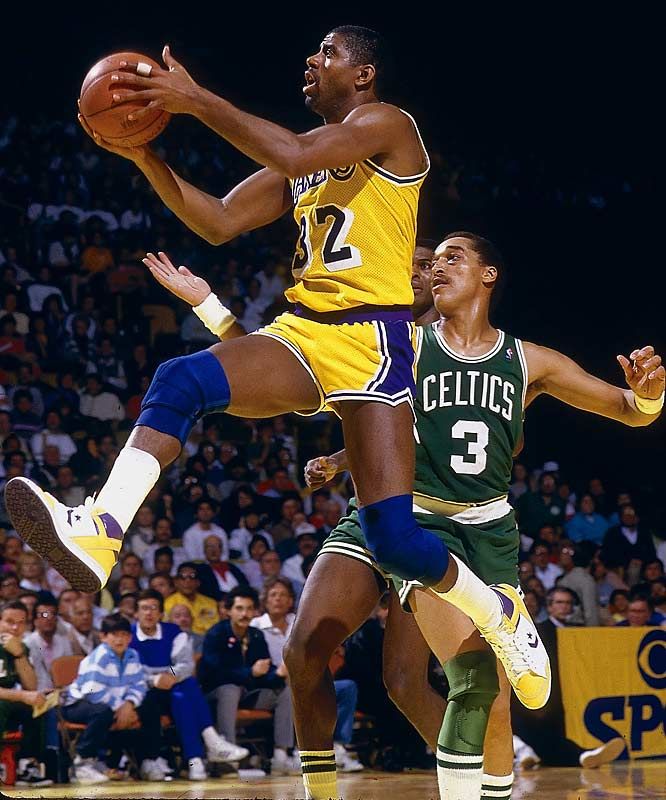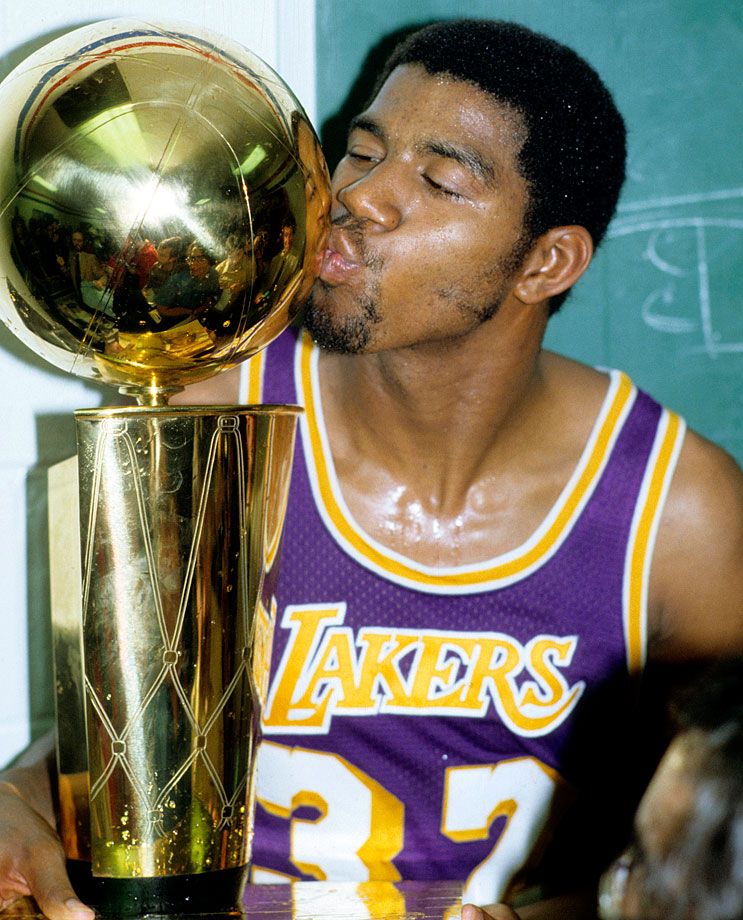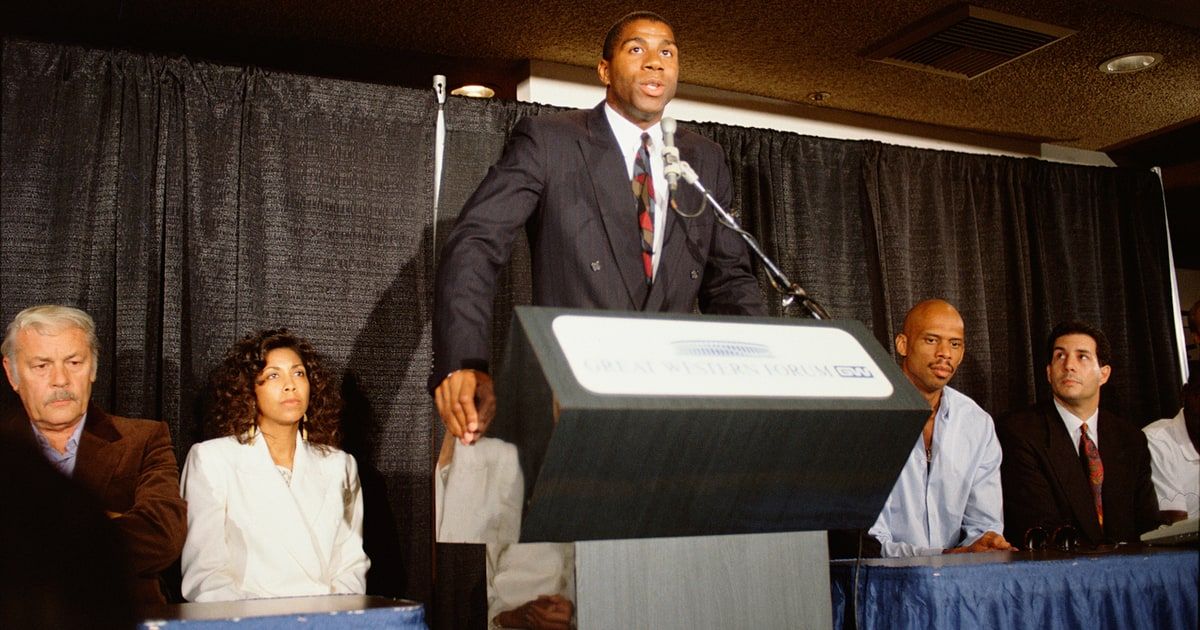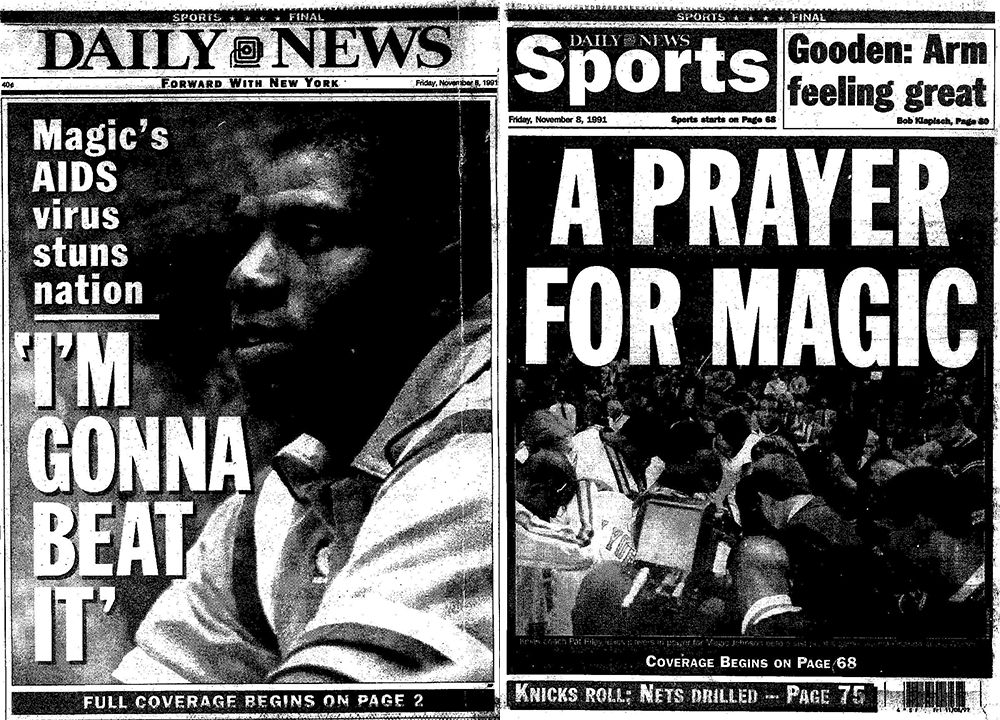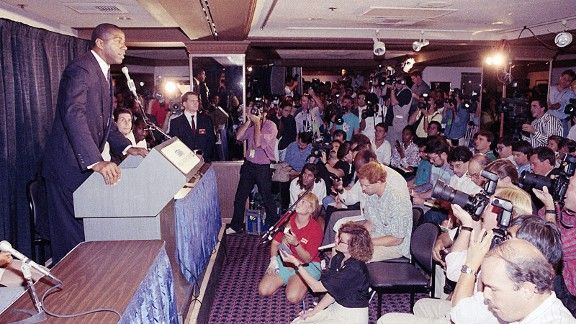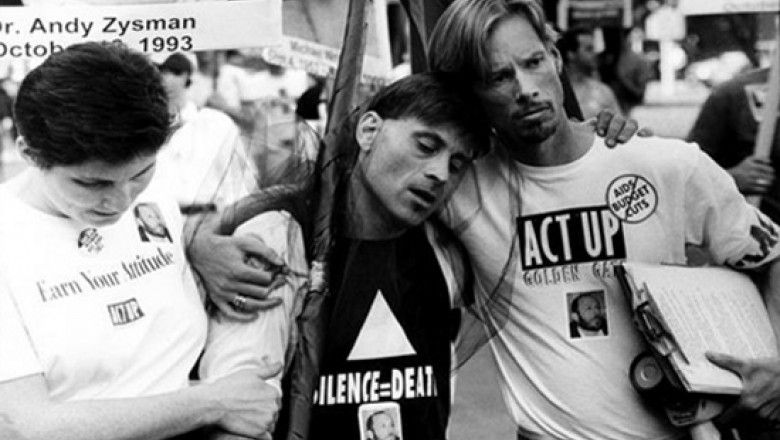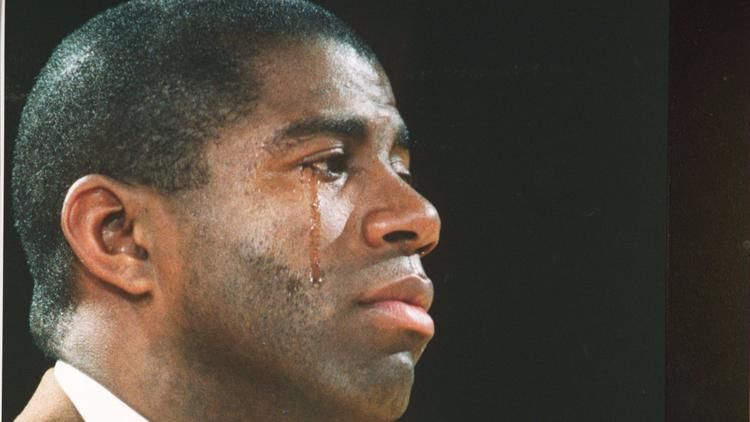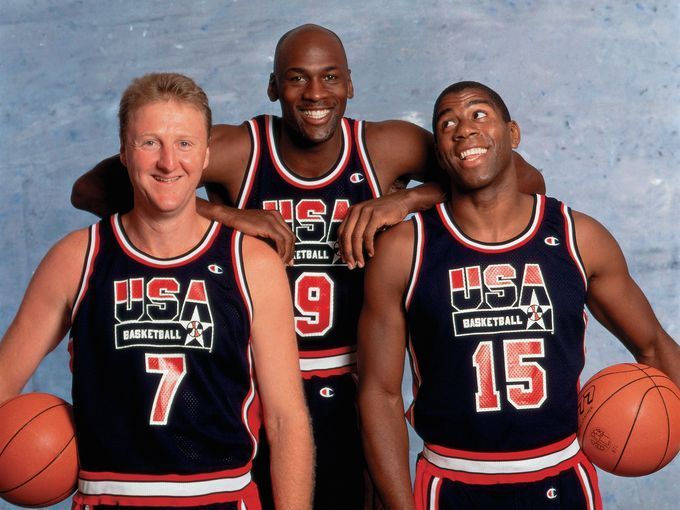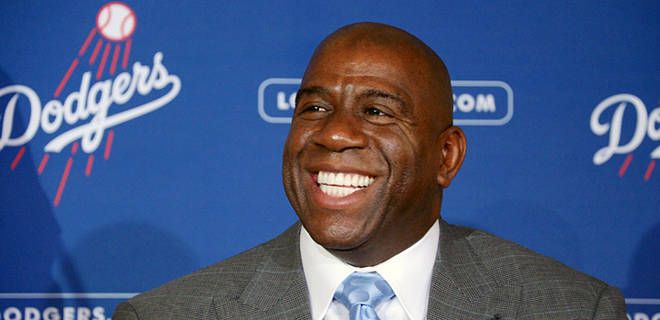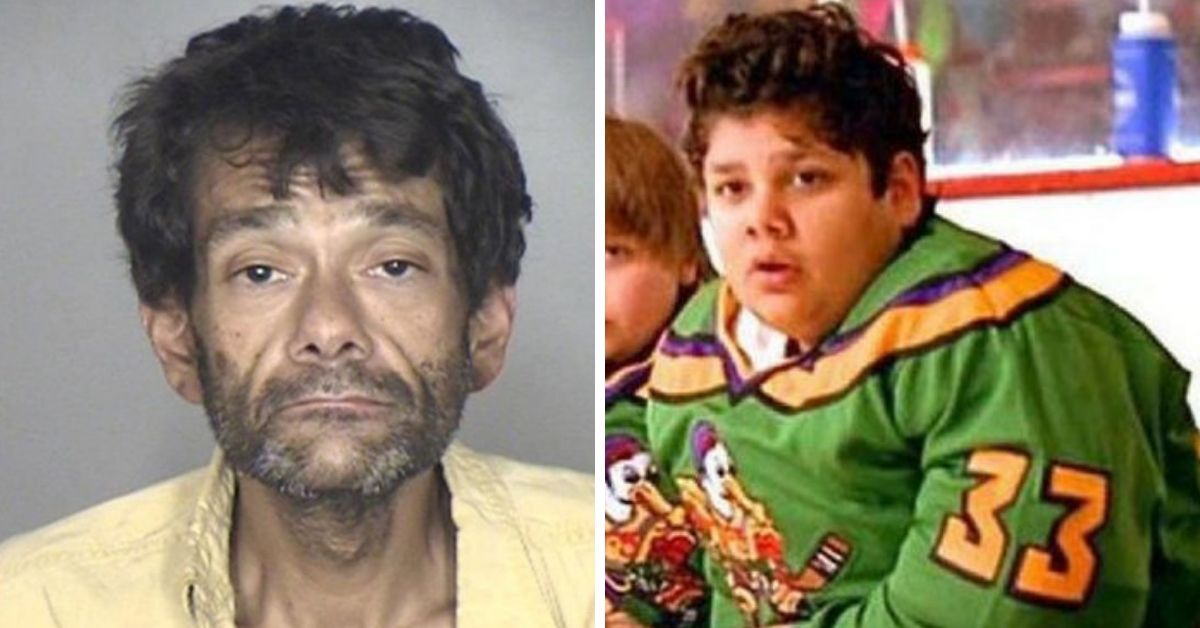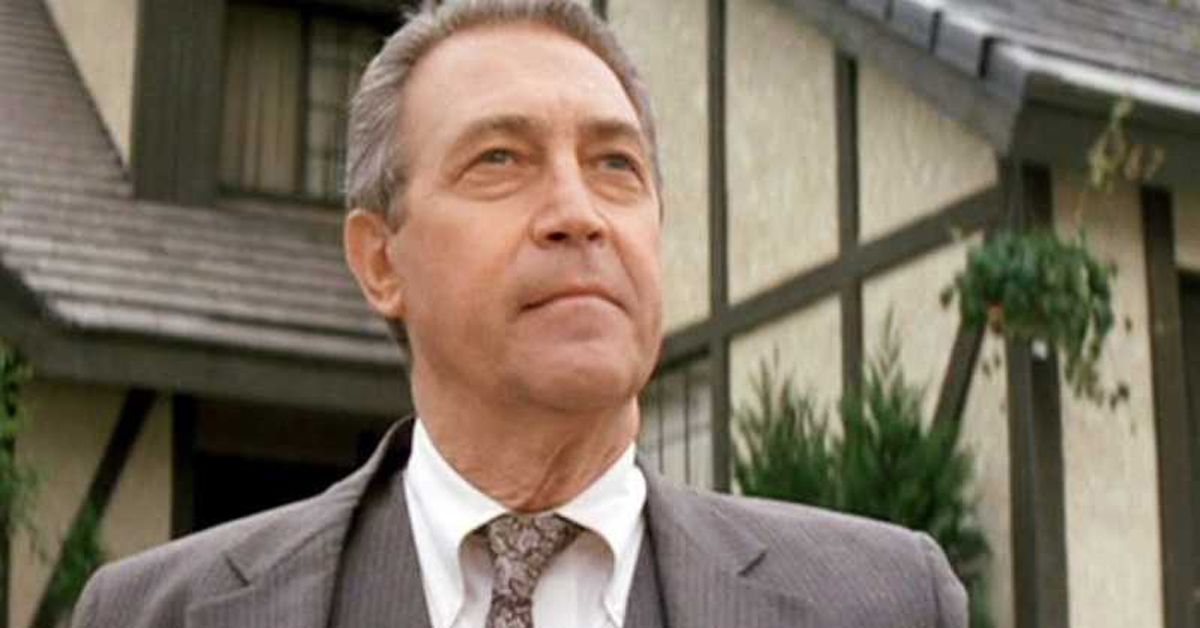
Pop Culture | Celebrities | 90s
A Blood Test And A Brave Man Changed The Way The World Saw AIDS

The Los Angeles Lakers of the 1980s and early '90s were pop-culture icons. Known as the "Showtime Lakers," they wowed crowds across the U.S. with their uptempo style of play, combined with their style and flare. They were led by the ever smiling Earvin “Magic” Johnson, and he was just that, "Magic."
The ever smiling Johnson was the face of league before Michael Jordan would even come onto the scene. Drafted 1st overall in the 1979 NBA draft, he helped lead the Lakers to an NBA Championship as he filled in for Hall of Fame center Kareem Abdul-Jabbar, earning the NBA Finals MVP award. This would be the first of five titles that Magic would end up leading the Lakers to during his 12 year career. That smiling face was still making a huge impact on the game as he started off the 1991 NBA season.
Everything changed in November of 1991 when Johnson made an announcement that would shock not only the sports world, but the entire world at large.
On November 7, 1991, Earvin “Magic” Johnson took to the podium in Inglewood, California for a press conference. The NBA was abuzz with what could possibly be getting announced, no one expected, or could have predicted what came next. When Magic spoke, he announced that he would be retiring from the NBA at the beginning of what was his 13th season because he had tested positive for HIV. Johnson found out that he was HIV positive after taking a routine blood test for a life insurance policy.
In the early 1990s, HIV/AIDS was still a wildcard. People didn’t fully understand the ramifications of what contracting the virus actually meant. Most people were terrified of just being near someone who had contracted the virus, and everyone, including many physicians considered it to be a death sentence.
The media's response to his announcement only proved how important this moment was.
During his retirement press conference, Johnson thanked everyone who had come out there to support him, and told the media assembled, using his trademark smile, that he planned on being around for a long time and living a fulfilling life.
There was a somber, controlled atmosphere to the press conference, something that is not normal for such massive announcements as journalists couldn’t ever wait to start screaming questions at the speakers. But this time they sat and listened. They listened as Johnson told the world that he would become a spokesperson for the fight against HIV/AIDS. They listened as he said that he planned on working with the league (and hopefully the Lakers) to continue to propagate the game of basketball around the world. They listened as he spoke about how he would miss basketball, “but life does go on.”
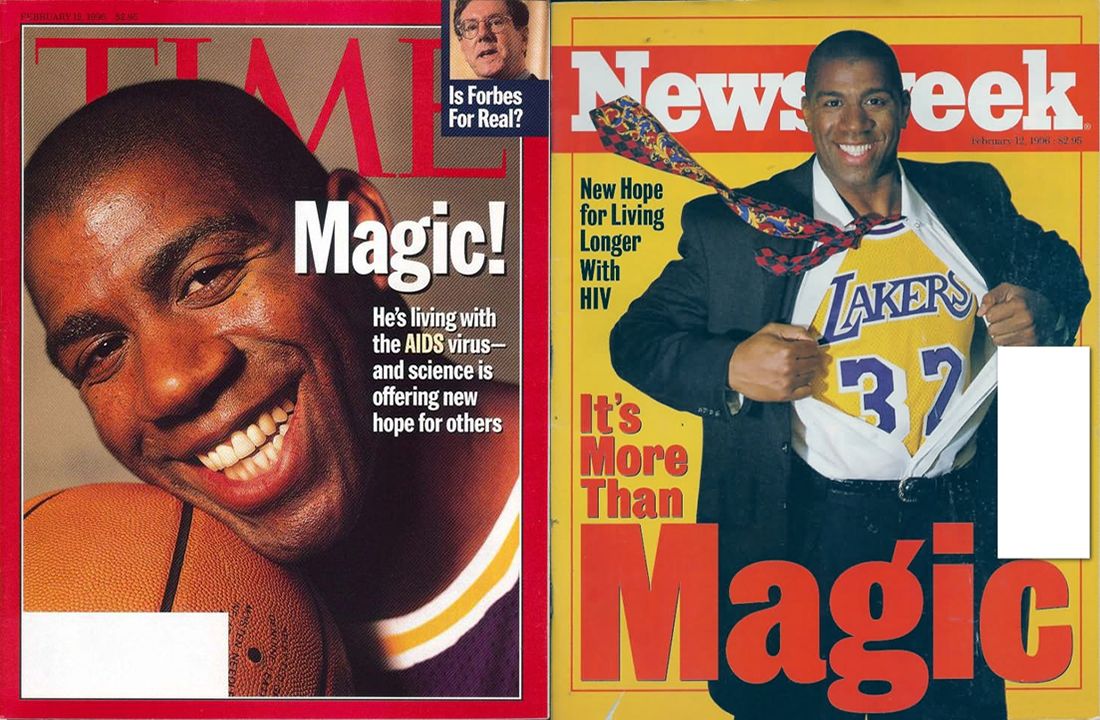
This was one of the major turning points in the fight against HIV/AIDS. Few public figures, and none as prominent as Magic Johnson had ever publicly announced that they were fighting off the potentially deadly virus. His announcement and poise were praised by health professionals.
"I hope that Americans everywhere will understand better today that AIDS is not a remote disease that only strikes 'someone else,' " Dr. Louis W. Sullivan, secretary of Health and Human Services, said in a statement. "Everyone must be aware that the AIDS epidemic can reach them. I am very heartened by the announcement that in the months and years ahead, Magic Johnson will help carry a lifesaving message to young people across our nation."
Up until that November 1991 announcement, HIV/AIDS was considered to be a disease of the poor and disenfranchised. A disease of drug addicts and homosexuals. It was not something that you spoke about in “polite” company. It was also considered to be universally fatal to anyone who contracted it, Magic changed all that.
He was not poor, and definitely not disenfranchised. He was not a drug addict, nor was he gay. He was the face of the Los Angeles Lakers, and one of the most popular athletes the world over. Magic’s brave stance in the face of the virus that could potentially end up taking his life changed the way we see the virus, and the AIDS disease that follows after.
Magic stood with poise and class as he spoke eloquently about what he would miss most about the game that had given him so much.
"I'm going to miss it. I'm going to miss coming in at 5 o'clock (before games), saying hello to the security people, the ushers. Getting to see you guys (reporters) at 6 o'clock: 'Magic, what about this, what about that?' I'll miss that. I'll miss the battles and the wars but most of all I'll miss the camaraderie with the guys. . . .”
It wasn’t the end of his basketball career though. He came back for the 1992 Summer Olympics in Barcelona, Spain. He was a member, and one of the leaders, of the original “Dream Team” comprised of the best basketball players the world had to offer. Magic went out on top, winning a gold medal beside the likes of Michael Jordan, Larry Bird, Scottie Pippen and a long list of future Hall of Fame players.
Now, 26 years later, Earvin “Magic” Johnson is still alive and living life to the fullest. He is working with the Lakers as their President of Basketball Operations. He hopes to lead them back to the glory days of the Showtime Lakers of the 1980s and early '90s.
